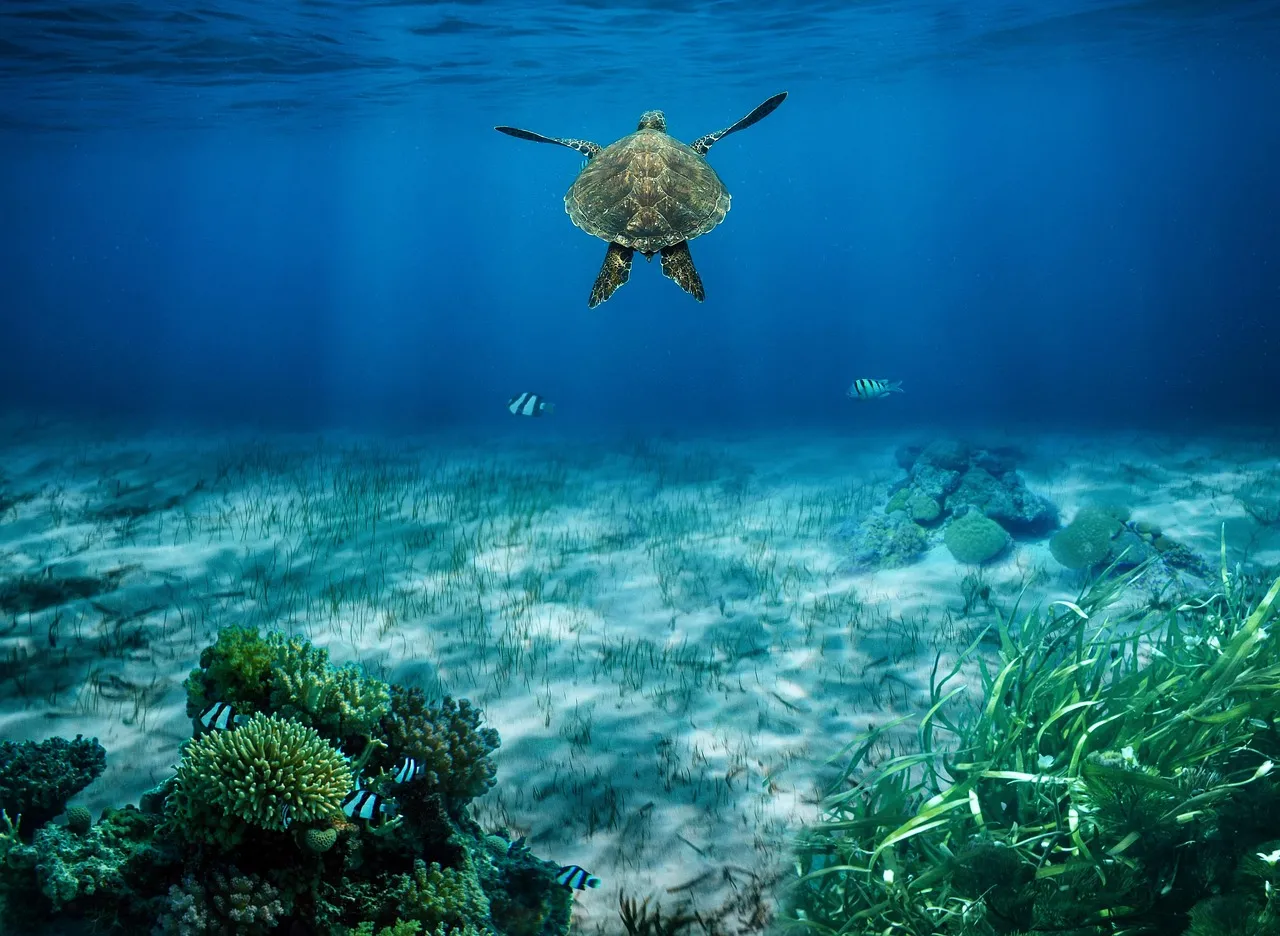
The impact of coral on ocean ecosystems and human health
The corals are wonderful living beings of the seas and oceans that not only enhance the beauty of the underwater world but also play a significant role in the functioning of ecosystems. These colorful, diverse organisms are the most important building blocks of the seafloor, serving as homes for numerous animal species. Coral reefs are among the most complex and valuable ecosystems in the world, as they provide not only living conditions for marine life but also a wide range of opportunities for humans, including tourism, fishing, and research.
However, these organisms are extremely sensitive to environmental changes and are threatened by climate change, pollution, and overfishing. Protecting corals and preserving the ecosystems surrounding them is essential not only for marine life but also for human existence. The impact of corals is therefore not limited to the underwater world but extends to human cultures and economies as well. It is worth examining these wonderful organisms from various perspectives, as their role in our world is incredibly diverse and significant.
The ecological role of corals
The ecological role of corals is invaluable in maintaining the health of the oceans. These organisms are capable of creating rich and biodiverse ecosystems on the seafloor, which provide homes for numerous marine species. Coral reefs not only offer refuge for living beings but also create food chains that connect all oceanic life.
Corals, as symbiotic organisms, have a close relationship with algae known as zooxanthellae, which live in the tissues of corals. These algae produce energy through photosynthesis, which corals can use for their growth and development. This symbiotic relationship plays a key role in preserving the health of coral reefs and contributes to the fertility of the seafloor.
Additionally, corals help stabilize the seafloor. The limestone structures built by coral polyps prevent coastal erosion and provide protection for coastal areas. This is particularly important in tropical regions, where coral reefs protect the land from the destruction caused by storms and waves.
Thus, coral reefs are vital not only for marine life but also for humans, as they represent economic and cultural value. Fishing, tourism, and education all rely on the ecological role of corals. Therefore, protecting and preserving coral reefs is in our common interest.
The impact of corals on human health
Corals play an important role not only in maintaining ecological balance but also have significant effects on human health. The environment of coral reefs is incredibly rich in biological diversity, which can serve as the basis for numerous medicines. The scientific community continuously researches the medicinal possibilities of compounds produced by marine organisms, including corals.
Many natural compounds found in corals may be promising for the treatment of cancer, cardiovascular diseases, and inflammatory conditions. For example, researchers have discovered that certain coral species contain substances that can inhibit the growth of cancer cells. Therefore, studying corals and the organisms living around them may be crucial for the development of future medicines.
Moreover, coral reefs can also help improve mental health. The beauty of the sea and the underwater world provides a calming experience for many people, which can contribute to stress reduction and enhance mental well-being. Activities like scuba diving and exploring coral reefs are popular and can be not only entertaining but also beneficial for mental health.
However, it is important to note that protecting coral reefs is essential to preserve these benefits. Due to climate change and human activities, the condition of corals is deteriorating, which can have long-term harmful effects on human health as well.
*Warning: This article does not constitute medical advice. Always consult your doctor for health issues!*
The economic significance of corals
The economic significance of coral reefs is undeniable. In many parts of the world, coral reefs form the basis of people’s livelihoods, as numerous industries, such as fishing and tourism, are directly related to them. The rich ecosystems created by corals provide abundant fish stocks, which are a fundamental food source for the people living in those areas.
In addition to fishing, tourism also heavily relies on coral reefs. Activities like diving and snorkeling attract many tourists to tropical regions. The beauty and biodiversity of coral reefs not only create opportunities for local communities to earn income but also play a significant role in global tourism.
Furthermore, protecting and preserving corals can also bring economic benefits. Activities aimed at maintaining ecosystems, such as sustainable fishing or coral planting, not only serve to protect the environment but can also create new jobs and economic opportunities.
However, the steps taken to protect coral reefs not only come with economic benefits but also positively impact the quality of life in communities. Initiatives launched to preserve coral reefs connect local residents and encourage them to achieve common goals, thereby strengthening community cohesion.
The economic significance of corals is therefore crucial not only for the present but also for the future, as sustainable development and environmental protection can contribute to the well-being of future generations. Protecting coral reefs is thus a common interest that can be beneficial for all of us.

